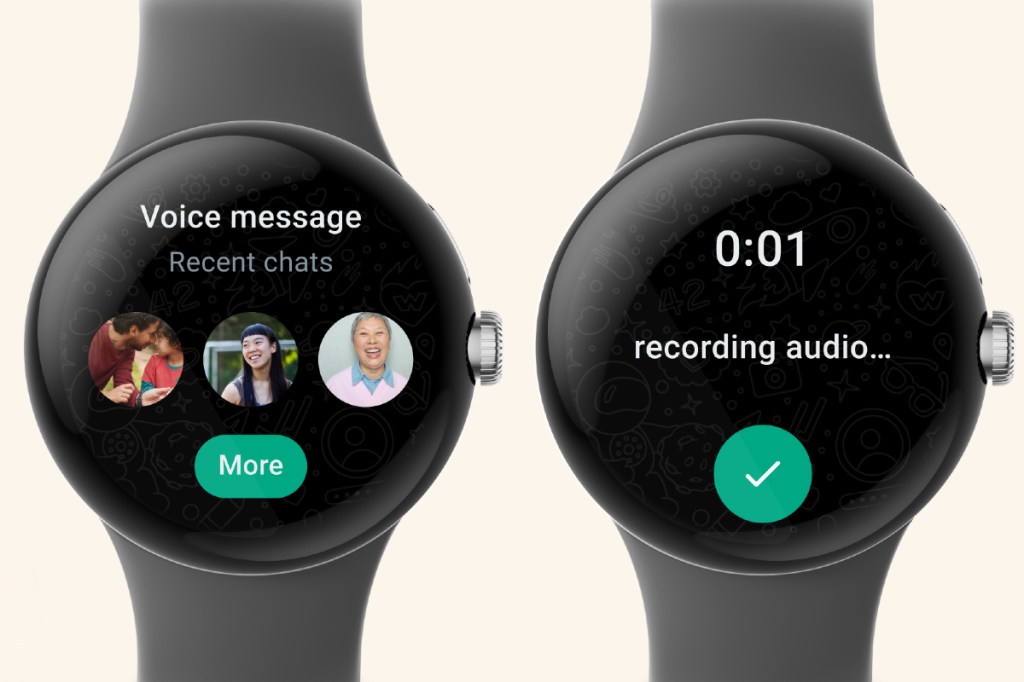The idea of digital twins — digital representations of humans built with computer models — for medical research is gaining traction in private and academic sectors. With predictive simulation technology, some experts say that digital twins have the potential to improve healthcare by assessing health risks before a disease becomes symptomatic, helping clinicians determine, for example, when (and whether) to intervene.
A future where doctors can simulate the effects of all possible treatments on patients’ digital twins to determine the most effective course is admittedly ambitious. That’s perhaps why Unlearn.AI, a startup which today announced that it raised $50 million in a Series B funding round, started with clinical trials. Unlearn’s digital twin product replicates the characteristics of patients in trials to enable what the company claims are smaller, faster studies, built on a combination of AI and historical data.
“We use data combined from a large number of previously-run clinical trials. Our product is not an AI model — it’s a clinical trial,” CEO Charles Fisher told TechCrunch via email. “The wait for vaccine development [during the pandemic] meant that every journalist and most informed consumers became painfully aware of the need to speed up clinical trials while doing them safely … [While there] are other companies interested in using real-world data to make trials faster or better, there are no direct competitors with a direct regulatory pathway to using their technologies in [late-stage] clinical trials.”
Unlearn was founded in 2017 by Fisher, Aaron Smith and Jon Walsh — all physicists by training. The three met while working together at Leap Motion, the now-defunct startup developing motion sensors for desktops and augmented reality headsets.
Fisher, Smith and Walsh sought to create a service that could process historical clinical trial datasets from patients to build “disease-specific” machine learning models, which could in turn be used to create digital twins with corresponding virtual medical records. These digital twins records would be longitudinal — i.e. incorporate data from over time and across systems — and cover demographic information, common test results and biomarkers that look identical to actual patient records in a clinical trial.
“[Our] intention wasn’t to speed clinical trials — it was pure research into machine learning. But [I] had a pharmaceutical industry background and it soon became apparent that there had been no investment in machine learning as a technology for pharma development,” Fisher said. (Fisher was previously a principal scientist at Pfizer.) “[Unlearn] evolved through interaction[s] with the pharmaceutical industry.”
Today, Unlearn works with pharma, biotech companies and academic researchers to generate digital twins for every patient in a clinical trial. Fisher says that treatment effects can be estimated with greater precision after correcting for the results derived from the digital twins.
Unlearn’s capabilities were reportedly enough to convince three companies to engage in studies with its product, though Fisher was only willing to name one: Merck KGaA, Darmstadt, Germany (a separate pharma entity from Merck). Merck KGaA is using Unlearn to incorporate prognostic information from digital twins into its randomized controlled trials, which the former hopes will enable smaller control groups and generate evidence “suitable for supporting regulatory decisions in its immunology pipeline,” according to Fisher.
If Unlearn’s digital twin technology works as well as advertised, it could be a godsend for a medical industry that’s long been forced to swallow the steep costs and logistical challenges associated with clinical trials. According to a 2018 study from Johns Hopkins, clinical trials that support U.S. Food and Drug Administration approvals of new drugs have a median cost of $19 million. These clinical trials — which take place in multiple, monthslong stages — can drag on for years (six to seven on average) and run into unforeseen hurdles like a lack of qualified participants and changes in protocol.
But several studies raise questions about the limitations of digital twin technology, like its potential susceptibility to biased datasets. One recent paper notes that bias — arising from, for example, an underrepresentation of Black patients in clinical trial data — could affect the accuracy of predictions made using digital twins.
Fisher disputes the idea that Unlearn’s technology could lead to compromised decision-making, pointing to a draft opinion from the European Medicines Agency (EMA) indicating that digital twins could be used for the primary analysis of phase 1 and phase 2 drug studies. (The EMA is roughly parallel to the drug part of the U.S. Food and Drug Administration.)
“The question is whether there could be bias in the clinical trial using this technology. It would be mathematically impossible,” Fisher said. “[Moreover,] Unlearn only uses densitized data and has no access to private info.”
With the new capital, which brings Unlearn’s total raised to date to $69.85 million, the company intends to double its 40-person headcount and expand operations into new disease areas.
“The clinical trial technology industry has one major problem: Pharma companies are skeptical of new technology,” Fisher said. “The big challenge is building evidence to convince them that new approaches will deliver value while still delivering evidence that can be used in the regulatory process.”
Insight Partners led Unlearn’s Series B, which also saw participation from Radical Ventures and existing investors 8VC, DCVC, DCVC Bio and Mubadala Capital Ventures.































Comment